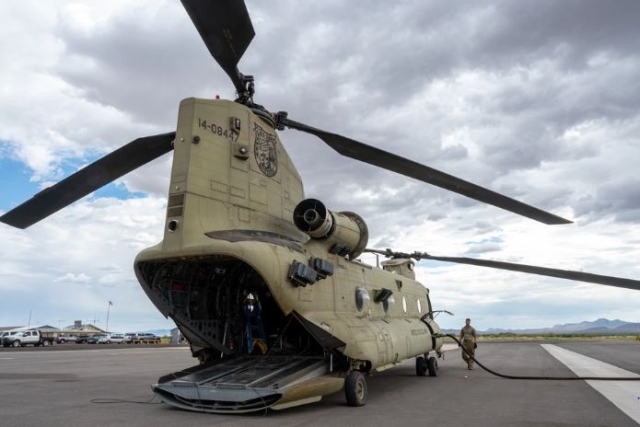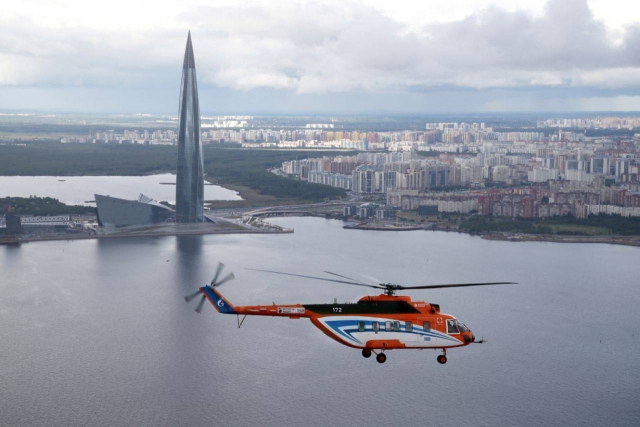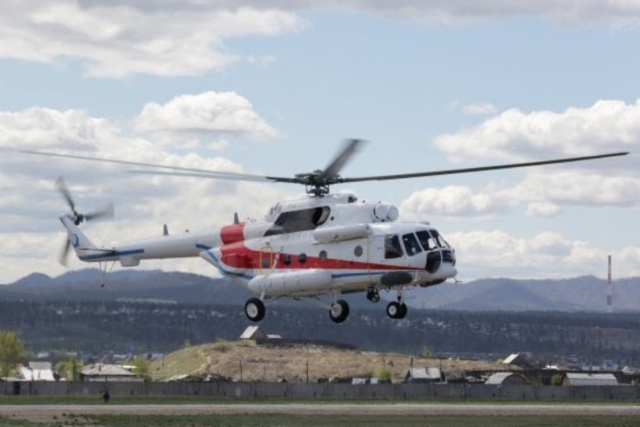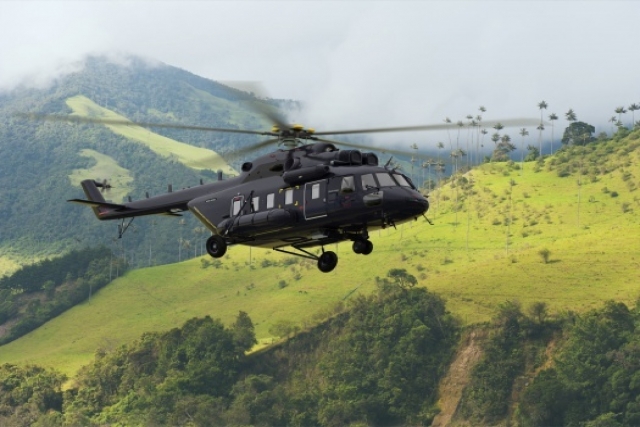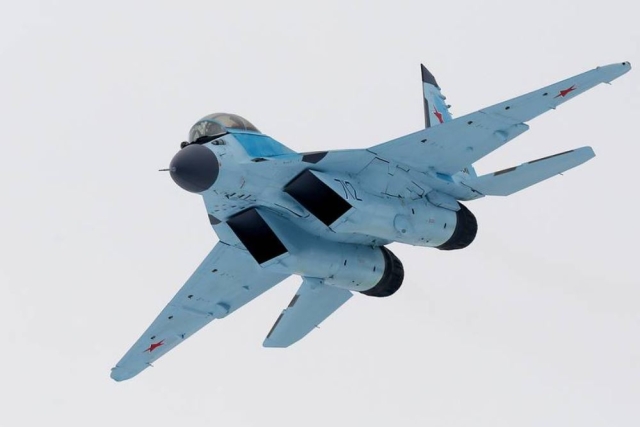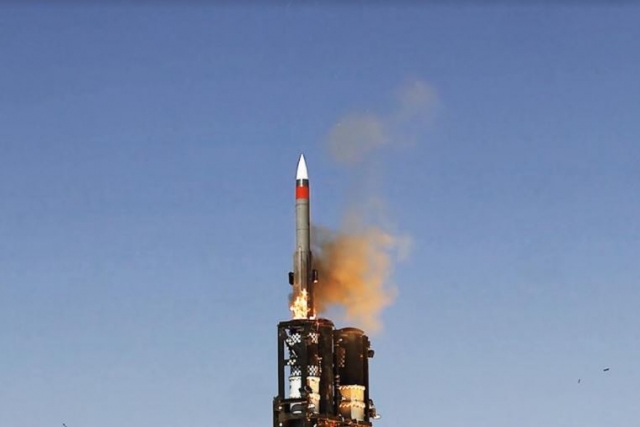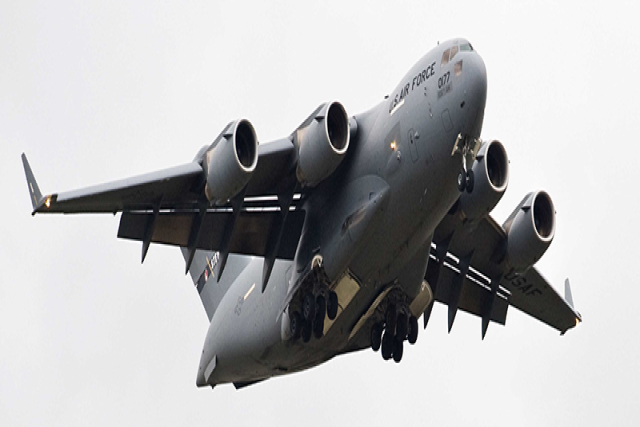Colombia Declines U.S. Offer to Buy its Mi-17 Helicopters for Transfer to Ukraine
Ecuador also reportedly plans to reject a similar U.S. offer to swap its old Russian-made weaponry
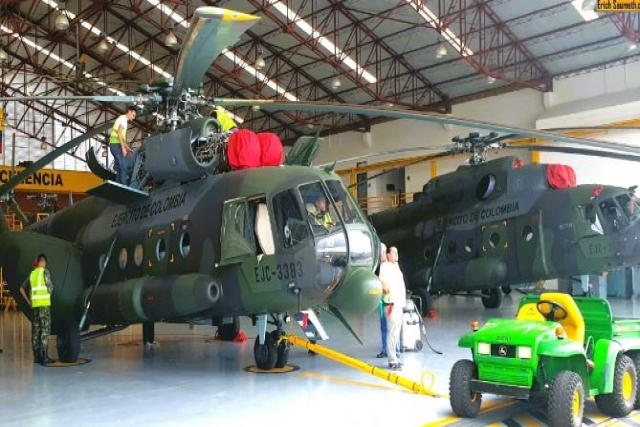
Colombia has declined a $300 million U.S. offer to buy its fleet of 25 Russian Mi-17 Helicopters for transfer to Ukraine due to the choppers' excellent performance since 1997.
This was reported by Infodefensa.com.
The Colombian Mi-17 helicopters have served for 27 years in various military operations and rescue missions. The offer from the U.S. government emerged amid announcements from the Colombian Army's Air Assault Aviation Division (Davaa) regarding the operational readiness of its Mi-17 fleet.
This offer is part of the U.S.'s efforts to procure Russian-made military equipment in Latin America, following similar agreements with Ecuador in January. Recent reports suggest that Ecuador plans to reverse the decision to swap decades-old Russian-made weaponry with the U.S.
Despite the offer, Colombia's President Gustavo Petro, maintaining a neutral stance in the Ukraine conflict, declined the proposal. The Colombian Army also opposed the sale, intending to retain the Mi-17 helicopters due to their vital transport capabilities, even as maintenance contracts become challenging to fulfill.
Colombia's acquisition of Mi-17 helicopters dates back to 1995 under the presidency of Ernesto Samper. During that time, the U.S. imposed sanctions such as the rejection and desertification of the Colombian anti-drug policy and the withdrawal of the president's visa, Samper. Tensions with Washington during that period led to delays in acquiring a dozen Black Hawk helicopters, prompting Colombia to seek assistance from Russia, resulting in the purchase of ten Mi-17-1V helicopters.
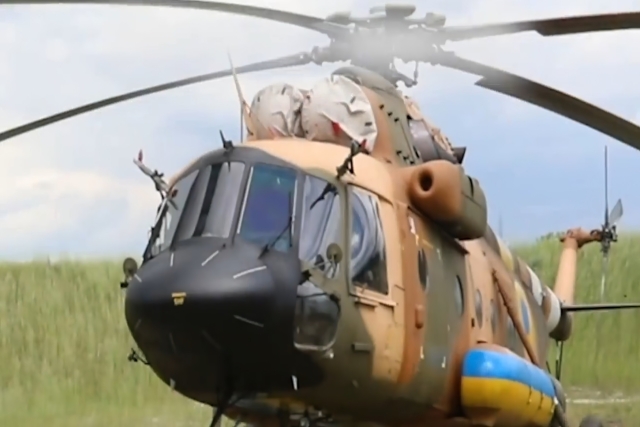
The procurement process continued despite objections from the U.S., with Colombian Army officials visiting facilities in Russia and Ukraine to familiarize themselves with the new aircraft. The Mi-17 proved its operational value, particularly in personnel and cargo transport, with lower operating costs compared to the U.S.-made UH-60 Black Hawk.
Over the years, Colombia acquired additional Mi-17 variants, totaling 26 helicopters, with one undergoing cockpit digitalization in 2018 for improved efficiency and reduced maintenance costs. Despite occasional accidents, the Mi-17 fleet has been crucial in military and humanitarian operations, even extending support to the Ecuadorian Army Aviation.
Maintenance contracts signed with Russian companies in 2022 were later suspended due to sanctions against Russia, hindering payment transactions. Although the Russian embassy proposed outsourcing maintenance contracts, the situation remains unresolved, affecting the operational readiness of Colombia's Mi-17 fleet.
Currently, Colombia's Air Assault Aviation Division (Davaa) maintains an inventory of 20 Mi-17 helicopters. Nine of these are operational and available for flights totaling 2,566 hours in 2024. Nine others are undergoing conservation procedures, while two are damaged and awaiting repairs as part of the annual preservation plan.
Throughout their service, these helicopters have been integral to the operations of the 25th Aviation Brigade and the Aviation Battalion Number 3 Cargo and Transport. Maintenance and upkeep are conducted regularly by the Aviation Maintenance Battalion No. 2.
